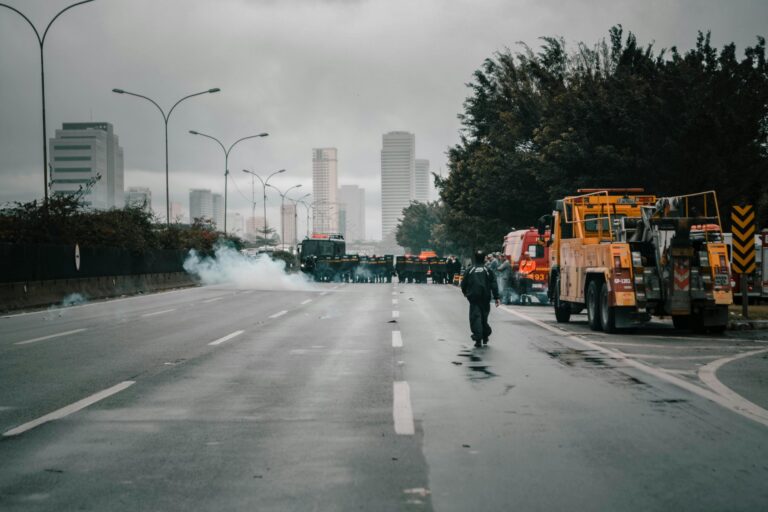The majority of the world’s most experienced travelers (63%) said government travel advisories affect their destination choices at least a moderate amount, according to the Summer 2025 Traveler Safety and Sentiment Survey government-issued travel advisories significantly influence where people choose to go—and where they avoid.
According to the results, women are more likely than men to be influenced (a 6% difference), and younger travelers under 35 are more likely than those 55 and older to say advisories impact them “a great deal” (11% vs. 8%). “These results show that safety information from official government sources plays a decisive role in where people are willing to travel,” said Dan Richards, CEO of The Global Rescue Companies and a member of the US Travel and Tourism Advisory Board at the US Department of Commerce.
When asked which destinations in Asia and the Middle East they would avoid due to updated government advisories, travelers most frequently selected Israel (64%), Pakistan (63%), Jordan (49%), China (45%) and the UAE (35%). Women were more likely than men to avoid Israel (73% vs. 61%) and Jordan (53% vs. 47%). US-based travelers were significantly more likely than non-US travelers to avoid China (51% vs. 25%).
In Europe, the vast majority of respondents (59%) said they would not avoid any destination despite elevated advisories. Albania was the most frequently avoided country (22%), followed by France (7%) and Spain (5%). In the Americas, nearly 34% of respondents said they would avoid Colombia, 33% said Mexico and 29% listed the Dominican Republic. US travelers were far more likely to avoid Mexico than non-US travelers (37% vs. 22%) and more than twice as likely to avoid the Dominican Republic (32% vs. 19%).
In response to the increase in travel advisories, 72% of respondents said they plan to obtain traveler security extraction protection or are considering it. Non-US travelers were 4% more likely than US-based travelers to consider obtaining such protection and 4% less likely to say they already have it.
“Security membership services are becoming a core part of travelers’ safety plans,” said Richards. “From political unrest to regional instability, travelers want backup they can rely on.”
www.globalrescue.com.






